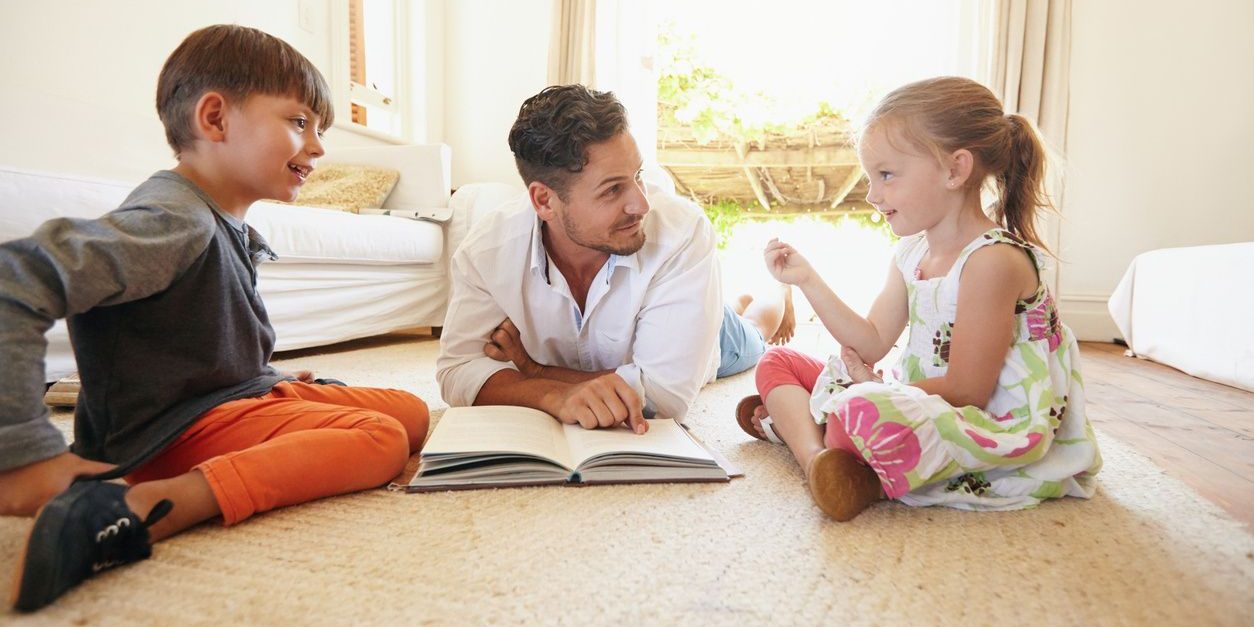Search Posts
Recent Posts
- Why Take an Online Co-Parenting Certificate Class? May 15, 2019
- Things Effective Co-Parents Do… July 19, 2018
- The other parent does not take care of the kids that way I think they should… July 19, 2018
- Co-Parenting vs Parallel Parenting June 8, 2018
- Three tips to avoid escalations with the other parent… June 8, 2018
Categories
Subscribe!
Thanks for subscribing! Please check your email for further instructions.


The other parent does not take care of the kids that way I think they should…
It is natural to feel upset if you believe that your children are not being cared for correctly by the other parent. Protectiveness and concern is a favorable quality in parents. Unfortunately, and most times, efforts to instruct the other parent in co-parenting often creates another layer of risk for your children. In my work with co-parents, we focus on understanding the difference between a health and safety concern that meets the legal standard for protection, from other matters that may be difficult to accept, but impossible to change for your child.
Of course, action is imperative when there are life or death, health and safety matters at hand and your children are involved. However, what parents are usually concerned about are matters that are not as black or white:
“He does not make the kids brush their teeth!”
“She lets them watch R rated movies…”
“He had a fight with his new girlfriend and the children were scared….”
Obviously, it would be best if you and the other parent saw all the issues relating to the children the same, but you probably don’t, and never will… In these areas, most co-parents will find that expressing concern to the other parent will only adds fuel to the fire, and might actually embolden them. Since ongoing conflict is the greatest risk to your child’s healthy growth and development, parents should consider if raising a concern is worth the risk of furthering conflict. Unfortunately, efforts to influence the other parent is often a no-win battle that causes defensiveness and an escalation of anger. The other parent may invalidate or minimize that the child feels uncomfortable and is in danger, while blaming the first parent for being controlling or intrusive. The other parent may discuss the problem raised by the first parent with the child during visits in a way that children are unable to handle effectively. This puts children in the middle, often leaving them feeling guilty and confused.
As a parent, it is your job to help your children understand their own feelings, and to learn to take care of themselves. Children need you to listen, understand, and validate what they are feeling. They need your help in identifying and making sense of their reality. Help your kids brainstorm and figure out what they can do to solve problems, take care of themselves, and make healthy choices if difficulties arise with the other parent. Remember, and know that it’s generally best to keep the focus on your own parenting in the situation.
It is important to pick your battles wisely. Discuss your concerns with unbiased others in your support network and make sure it is worth bringing up your concern with the other parent before doing so. If it is going to cause another conflict between the two of you, then the kids might be better off when you seek to accept the things you cannot control…

We are a group of volunteers and opening a new scheme in our community.
Your website provided us with valuable info to work on. You have done an impressive job and our
whole community will be grateful to you.